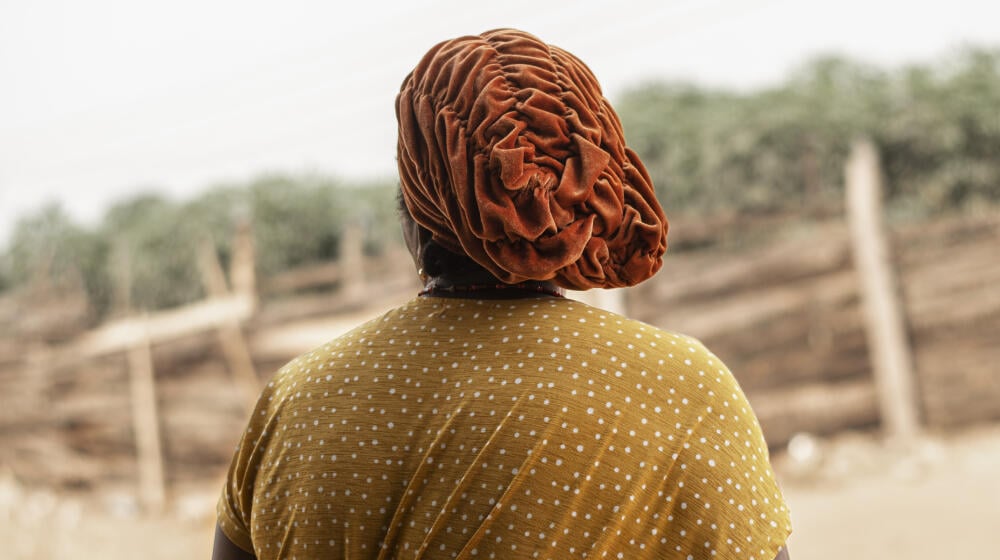Peaches is an out of school young woman who shared her perspective on violence against women and girls during a session convened by UNFPA Caribbean implementing partner, WMW Jamaica. During the session a co-creative approach was used with HFLE teachers to develop materials that took into account the needs of out of school youth based on the perspectives they gave.
Peaches shared that she thinks domestic violence and sexual violence are not the only types of violence affecting women and girls in the country. She points to the way men address women and girls, the things that men say to women and girls, the fact that women and girls are not allowed to express themselves freely through their mode of dress. She says, “I am a female, I speak out - and it’s not only sexual stuff, but it is also the fact that we cannot be ourselves… the fact that I feel that I have to be what society thinks I should be.” Peaches says that the issues of sexual stereotyping and sexual violence affect women’s ability to get a job because of the expectation that women are supposed to behave a certain way. She says that “the problem is broad, it stretches across everywhere, the workforce…”
Peaches feels that women should be allowed to make their own choice, and not be told what to and how to be. “It is 2021, the roles are being flipped”, she says. “Why can’t we teach girls it is ok to go outside; it is ok for a man to get a pedicure or manicure?” She says many women have noticed how their parents treated them and need to make sure they do not grow up with a similar mentality. “Me a go chop the bush as a woman because I can do it,” she says.
Sexual violence may come from within the family. Peaches said she had heard about a child who was crying because her uncle was using her for sex trafficking. She laments that too often we do not believe the children when they say ‘Mummy, X is touching me’. She says sexual violence is often perpetrated against children by the father, uncle, brother, aunty. It starts with touching and may lead to rape. She points out that the people who are supposed to protect children are the ones who sexually abuse children, and it often starts in the home.
Peaches is also concerned that adults are not making children adequately aware about sexual abuse. “We have bad touch and good touch. How about telling them not to let anyone touch their vagina. Or if they try to put their penis inside of you, come and talk to me,” she says. She is also concerned about the way in which families and society protect rapists. She asserts that family members often know or suspect a relative may be a sexual predator. “It is a norm, they touch your daughter and they touch your son” she says. “Can’t it be a norm that the rapist is sent to jail?” she asks.
Peaches disagrees with the myth that someone who reports violence a long time after it happens must be lying. She says that Jamaica does make it hard to report violence. She suggests that teachers can identify certain situations of abuse affecting some of their students. She says “Children cry out in their work, they look at you in your eyes and wish they could just say, ‘Miss, I am hurting’. She feels that society tells children to, “Just deal with it and keep quiet”. Much later in life a woman may disclose that “My mother sent me out to a don [a gang leader who exhorts control over an inner-city community through violent means] because he called for me, at age 12”. By then, it may be too late for redress. She related the example of a popular Jamaican female singer/celebrity who did not feel able to speak out about her experience of sexual abuse until she was a mature adult, a grown woman. “How can you blame a six-year-old?” Peaches lamented.
Peaches welcomes the Spotlight Initiative in Jamaica and feels empowered that she has been able to speak out.
* Name changed to protect identity


